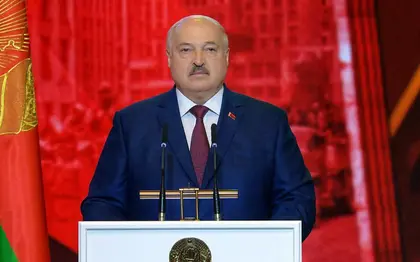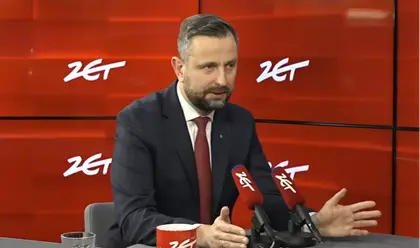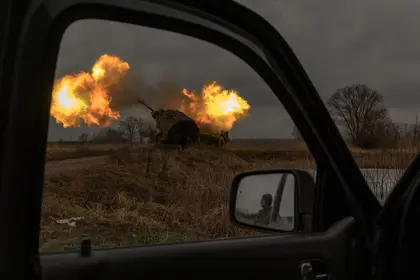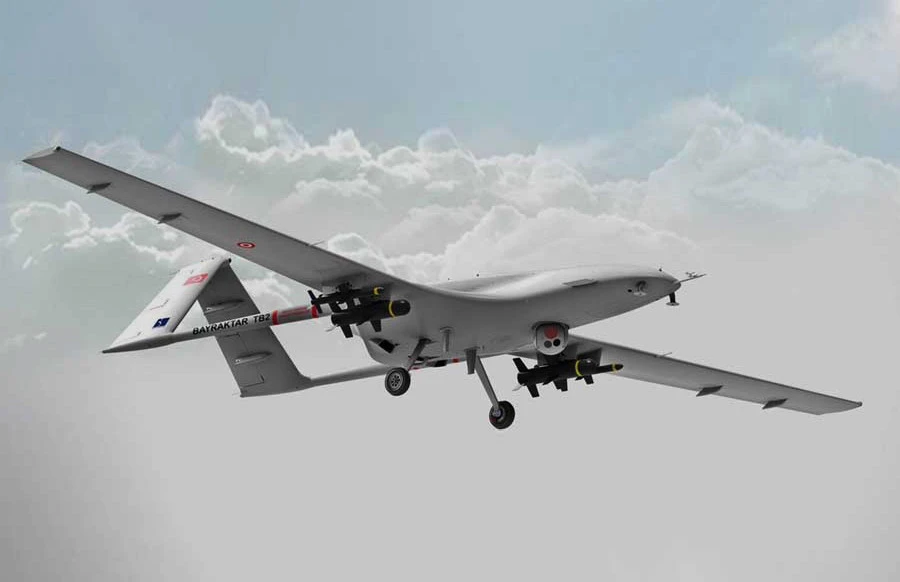Belarusian Defense Minister Lieutenant General Viktor Khrenin said on Tuesday that President Aleksandr Lukashenko had ordered a sudden inspection of military units capable of using tactical nuclear arms and other forces.
Khrenin said “A unit of Iskander operational-tactical system and a squadron of Su-25 aircraft are being prepared to carry out their intended tasks.
JOIN US ON TELEGRAM!
Follow our coverage of the war on the @Kyivpost_official.
He said that testing would be undertaken on “An entire range of processes including planning, preparation, and use of non-strategic nuclear weapons.”
Lukashenko, claiming the exercise was “purely defensive in nature,” said on Tuesday evening: “Today we are starting to work out the second stage of response measures. To carry it out, the general staffs of the armed forces of Belarus and Russia have envisaged an inspection of the forces and means of a joint regional group of forces, within the framework of which it is planned for the first time to work out the issues of the use of non-strategic nuclear weapons.
“During the inspection, special ammunition will be supplied to missile and aviation military units, loaded onto launchers, and suspended on aircraft. Missile divisions of the Iskander and Polonez operational-tactical systems will be secretly withdrawn to designated positions and will practice missile strikes to repel a possible attack on Belarus.”
Non-strategic nuclear weapons, also known as tactical nuclear weapons, are designed for use on the battlefield. They have yet to be used in combat yet their warheads are can be delivered via missiles, aircraft, or artillery. While not as potentially devastating as strategic nuclear weapons, which can destroy whole cities, they could nevertheless be highly destructive.
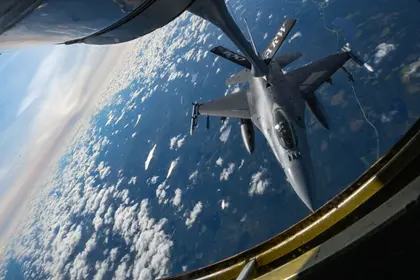
NATO ‘Eye in the Sky’ AWACS Fly Surveillance Sorties in Airspace Above Eastern Romania

Moscow and Minsk finalized an agreement in May 2023 to allow Russia to position tactical nuclear weapons in Belarus. In June President Vladimir Putin said that deliveries had begun, then in December Lukashenko confirmed that deliveries had been completed in October. This was the first time that nuclear weapons had been placed outside of Russia’s borders.
Although Russia has said the retained control of the warheads they provided Belarus with the means of delivery, including Iskander-M ballistic missiles, in January 2024 as well as help in modifying Minsk’s Polonez-M 300mm multi-barrelled rocket launcher system to allow it to lanch nuclear-tipped missiles.
A the same time Khrenin announced at a January meeting of Minsk’s security council that Belarus had amended its military doctrine to allow the use of nuclear weapons.
“We will clearly communicate our views on the use of tactical nuclear weapons stationed on our territory,” Khrenin said. “A new chapter has appeared, where we will clearly define our allied obligations to our allies.”
Belarus held both tactical and long-range nuclear weapons when part of the Soviet Union as did Ukraine and Kazakhstan. All three gave up their nuclear weaponsas part of the 1994 Budapest Memorandum on Security Assurances.
The nuclear weapons Russia sent are tactical weapons intended for battlefield use and have relatively short ranges and comparatively low yields. It is not clear how many weapons have been stationed in Belarus and it was not immediately clear whether this new doctrine would be applied to the Russian weapons.
The Belarus security council secretary, Alexander Volfovich, said that the deployment of Russian nuclear weapons in Belarus was intended to deter aggression from Poland, a NATO member. “Unfortunately, statements by our neighbors, in particular Poland … forced us to strengthen” Belarus’ military doctrine, he said.
You can also highlight the text and press Ctrl + Enter


